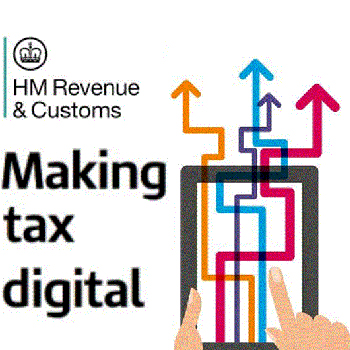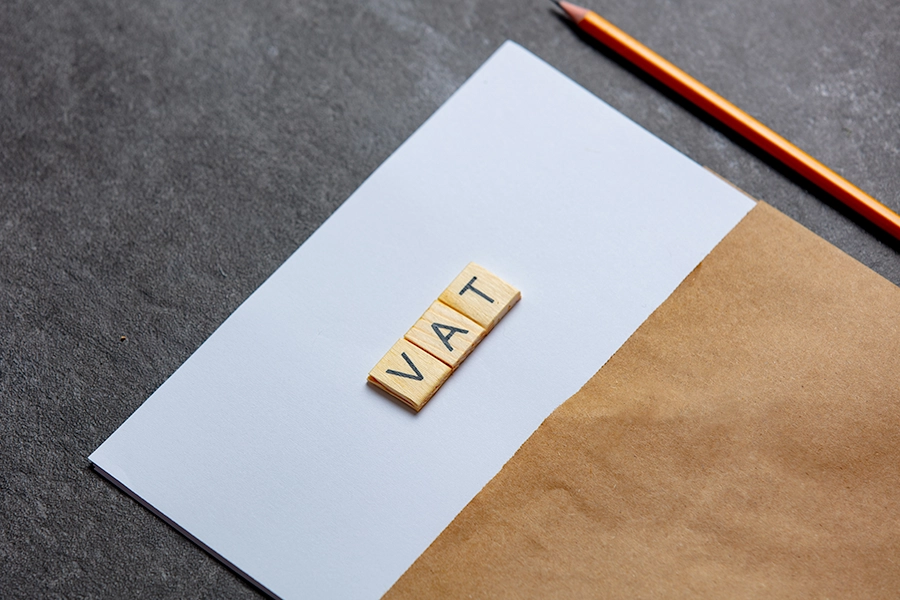Deciding which childcare is best for you and your family can be a difficult decision. If you have your own limited company, it might be worth considering whether putting childcare costs through the business is a tax-efficient way of paying for childcare. We will run through the different options available in the UK to help make your decision that little bit easier…
Tax-free Childcare
Tax-free Childcare is a government scheme that you can use to help pay for up to £10,000 of childcare each year – giving you an extra £2,000 per child (or up to £4,000 if your child is disabled). For each £8 you put into the scheme, the government puts £2 in. The scheme covers your usual range of Ofsted registered providers, such as breakfast clubs and after-school clubs, childminders, nurseries, playgroups, and nannies.
It is important to note that if you claim Universal Credit, Working Tax Credit, Child Tax Credit, or childcare vouchers, then you WON’T also be able to use Tax-Free Childcare on top.
The scheme is available to parents until September after their children turn 11 (or until they turn 16 if their child is disabled). You will need to earn at least the national minimum wage for working 16 hours per week to be eligible, but you cannot earn more than £100,000 a year.
One parent must open the account, but both parents can use it. You will need to open an account via the Government Tax-free childcare website.
30 Hours of Free Childcare
In addition to Tax-free Childcare, the government offers 30 hours of childcare a week for 38 weeks of the year (during school term time) for 3 and 4-year-olds. You can apply online for a childcare account to get a code for 30 hours to give to your childcare provider.
To be eligible, you must:
- Earn less than £100,000 per year
- Be working or on sick, maternity, paternity, or adoption leave
- Earn at least the minimum wage for 16 hours per week
- Have an NI number and appropriate immigration status
The childcare provider must be Ofsted registered, and some of them offer to stretch the hours over 52 weeks rather than 38 weeks, so there are fewer funded hours each week. Some providers charge extra for items like food and supplies too.
This scheme can be used in conjunction with the tax-free childcare scheme above. However, when the child starts school, the 30 free hours funding ends and only the tax-free childcare scheme can be used.
You are still eligible to use this scheme if you are claiming Universal Credit, and you can apply from when your child is 2 if you are on certain benefits.
You can apply from the term before your child turns 3. However, the government announced that this scheme will be extended to younger children soon. By September 2025, working parents will be able to claim for children from 9 months old, but it will be rolled out in stages starting from April 2024, when working parents of 2-year-olds will be able to claim 15 hours per week.
Childcare Vouchers
If you joined a childcare voucher scheme on or before 4 October 2018, you might be able to keep getting vouchers from your employer. This scheme is unfortunately closed to new applicants.
This is a salary sacrifice scheme, so parents choose an amount to put towards the cost of childcare, and this is then deducted from their pay each month before tax, and NI contributions are calculated, providing a saving for the employee and the employer. How much you can claim depends on the amount you earn and when you join the scheme.
You cannot continue to claim childcare vouchers if you successfully apply for Tax-Free Childcare.
Workplace Nurseries
Most workplace nurseries are exempt from tax and National Insurance if they:
- Have the appropriate registrations
- Are available to all employees to use
- Provide childcare for employees’ children
The workplace needs to manage and finance the nursery. This could be an option worth considering if it is available to you.
Childcare Expenses as a Benefit in Kind
It might be worth looking at the benefits of deducting childcare costs from your company’s income if you have one. This is especially true since the corporation tax rate has increased, meaning more tax relief is available.
The company must be invoiced from the childcare provider directly, showing the company name on the invoice. The cost can then be a business expense; however, it would be considered a benefit in kind for the employee.
If the employee is a higher-rate taxpayer, the amount paid would be taxed at 40% personally plus 13.8% class 1A NI for the company. However, depending on the level of your taxable profits, you would also get a corporation tax saving of between 19% and 25%. Therefore, it may be better to consider this option, especially if you would have to take extra dividends out of the company to use the tax-free childcare scheme above.
If you are contemplating this route, please check with your accountant whether this option would be beneficial in your circumstances. You would also need to check that the chosen childcare provider is happy to invoice your company directly for the costs too.
We hope this has been useful for you. However, if you would like more advice on the most tax-efficient way to pay for childcare, contact us at info@future-cloud.co.uk.




